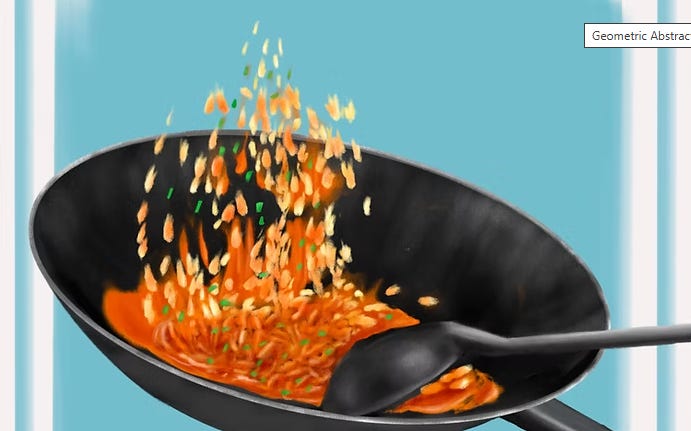
Welcome to the first rojak of 2025! The rojak, named after a (for want of a better word) Southeast Asian salad, is a collection of stories the came across my desk over the last month that are not about Southeast Asian Archaeology, but are somehow related. As 2024 ended, there was a one notable story that fit the bill: the near-complete resignation of the editorial board of the Journal of Human Evolution. For over 38 years, JHE has been a leading light in paleoanthropology, but its editors could no longer tolerate Elsevier’s erosion of editorial independence, exorbitant fees, and cost-cutting measures that compromised the journal’s integrity.
As a former editor of the SPAFA Journal, this story was of interest on a personal level. Running a journal is not easy, most editors are not paid for the role and I was able to run the journal as an Open Access publication without charging authors any fees only because it was funded as part of my official duties. The larger problem is that the journal publishing model itself is broken. Academic publishing has become a high-stakes game where publication is treated as the ultimate metric of success—and even competence—for scholars. This has created a monetary incentive system ripe for exploitation by companies like Elsevier, which rake in billions by monetizing the outputs of publicly funded research while sidelining the values that academia should stand for.
The conditions that led to the resignation of JHE’s editorial board are a direct result of this system. And I don’t see a way out of this mess. The most obvious solution—universities moving away from using publication metrics as a measure of academic worth—feels both necessary and painfully distant. Until then, the incentives remain misaligned, and stories like JHE’s will continue to unfold.
This problem is not limited to editorial disputes. As two recent Freakonomics podcast episodes highlight, the issues in academic publishing extend to fraud, retractions, and systemic pressures that incentivize cutting corners. In 2023 alone, over 10,000 research articles were retracted, many tied to cases of data fabrication or misrepresentation. These numbers are staggering but not surprising in a system that values results—often flashy or positive ones—over the slower, more rigorous pursuit of knowledge.
For those interested in exploring the Freakonomics episodes:
Keep reading with a 7-day free trial
Subscribe to Southeast Asian Archaeology to keep reading this post and get 7 days of free access to the full post archives.




